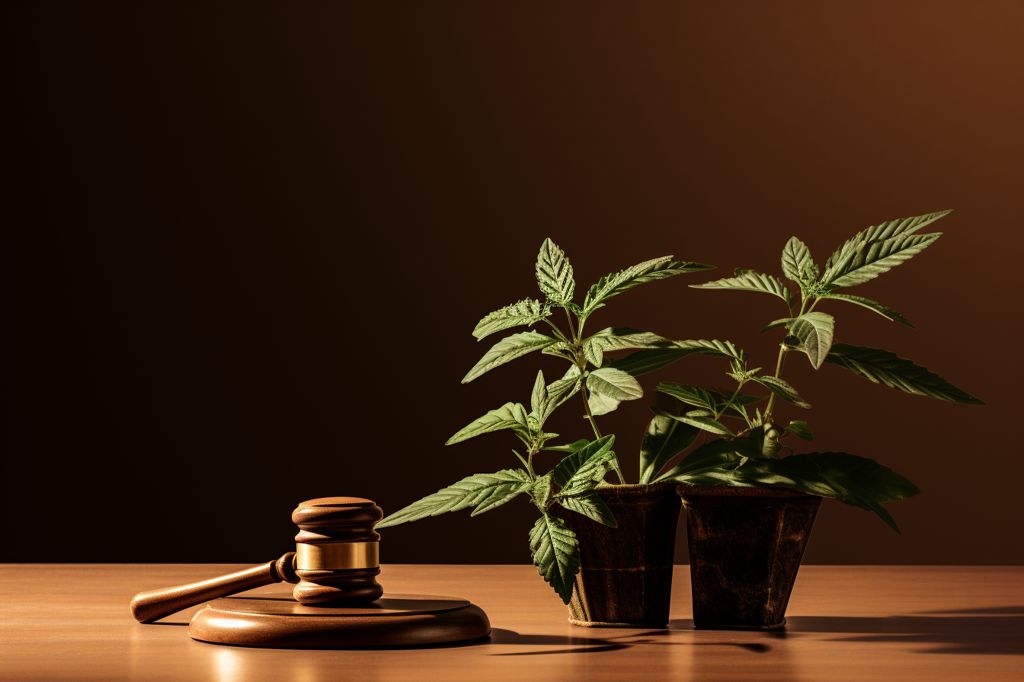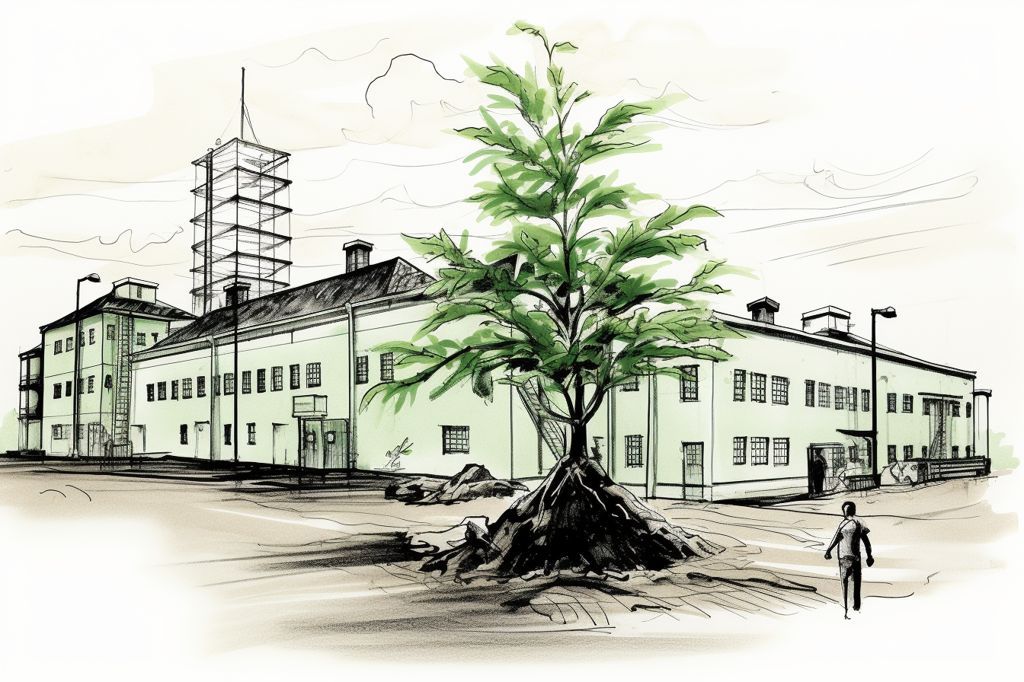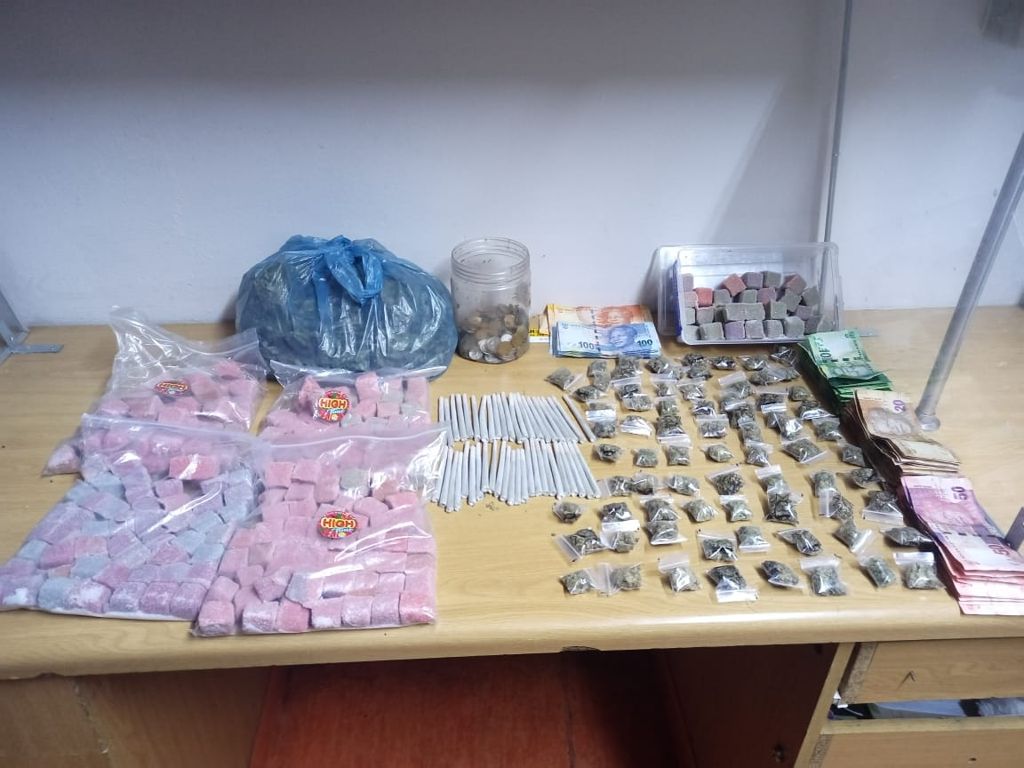On the occasion of the commemoration of the Marikana tragedy, the South African government has provided an update on the progress of litigation related to the incident. This update reflects the government’s commitment to achieving justice and healing for all those affected by the tragedy.
The Marikana Tragedy
The Marikana tragedy, which occurred on August 16, 2012, is a haunting reminder of the profound impact of social, economic, and political challenges on society. Following the incident, various legal claims were filed seeking to address the losses suffered by the victims and their families. The government has remained committed to navigating this intricate landscape with principles of justice, accountability, and compassion as guiding lights.
Progress in Litigation
Legal representatives have been actively pursuing justice on behalf of the affected families, and the government has engaged with them to address the filed claims. Settlements and compensation have been granted to numerous plaintiffs, providing solace to those enduring the anguish of loss. However, the introduction of the novel concept of Constitutional Damages has added an additional layer of complexity to the litigation process.
Involvement of Legal Firms
The Wits Law Clinic, Socio Economic Right Institute of South Africa (SERI), Maluleke Msimang Attorneys, Tlhatlha Attorneys, and Nkome Attorneys have all been involved in this complex litigation process. Through their efforts, a total sum of R330,445,630.37 has been disbursed to date, affirming the government’s commitment to addressing the grievances of affected families.
Constitutional Damages
The concept of Constitutional Damages, which emerged later in the process, has introduced intricate legal considerations that require rigorous examination. State Attorneys have conscientiously engaged with this evolving legal argument, guided by their instructions.
Need for Healing and Justice
The Marikana tragedy serves as a stark reminder of the need for comprehensive healing and shared commitment to justice. The South African government earnestly invites all stakeholders, including the mining industry, to collaboratively foster understanding, empathy, and reconciliation. Healing and justice are intertwined, and a victim-centered approach remains paramount.
Remarkable strides have been made in orchestrating and harmonizing Marikana litigation. Numerous claims have been resolved, attesting to the government’s commitment to justice and due process. However, the introduction of “Constitutional Damages” introduces residual considerations, provoking contemplation at the crossroads of law and ethics. Navigating this intricate landscape, the South African government remains dedicated to fairness, legal certainty, and established protocols.








